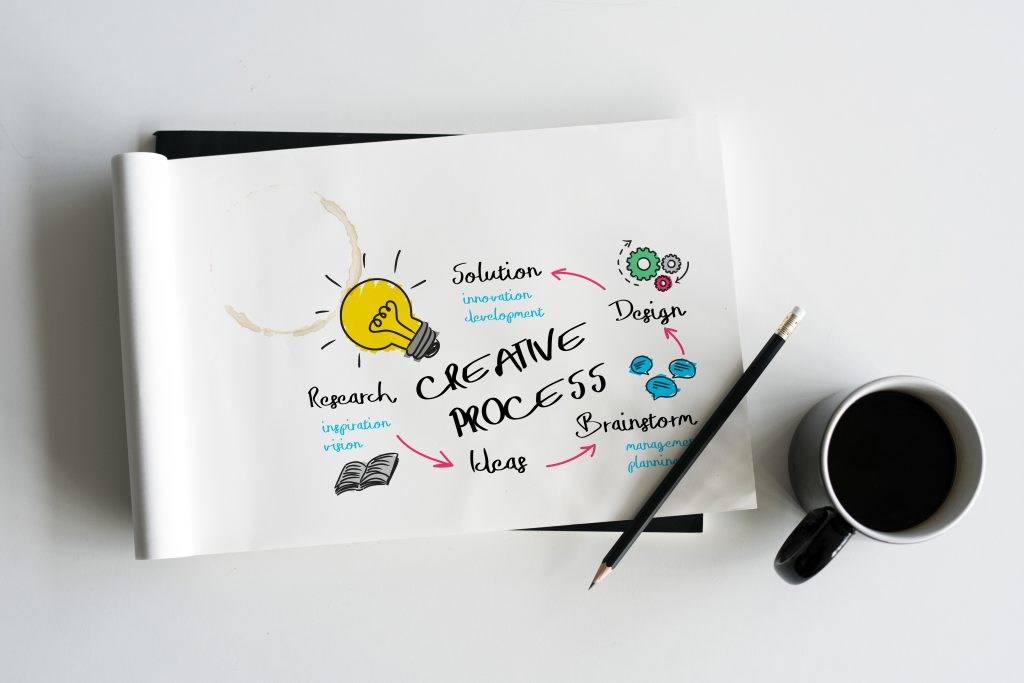Poverty, educational inequality, and climate change are only a few of the social challenges that affect people globally. These continue to grow in complexity and increasingly require transnational coordinated efforts among countries, non-governmental organizations, communities, and individuals. These coordinated efforts work towards addressing these challenges sustainably, and there continues to be an important role for technology to deliver a widespread impact. Technology provides many opportunities for these institutions to streamline processes and improve efficiency that can further their efforts in addressing these social challenges.
One technological solution that has gained prominence in addressing social challenges is machine learning, a branch of artificial intelligence that leverages data and algorithms to identify patterns and make predictions or decisions with minimal human intervention. With the growing volumes and varieties of available data and cost-effective computational processing and data storage, advances in machine learning present an opportunity to build better tools and solutions to help address some of the world’s most pressing challenges, and deliver positive social impact. It is viewed to have potential across a range of social domains.
Poverty and Hunger
Machine learning is a growing trend in identifying poverty-stricken regions as scientists have been integrating machine learning into research designed to tackle poverty. They leverage the constant stream of photographs taken by satellites to get a feel for global economic activity. Stanford University economist Marshall Burke augmented this approach in order to identify places of near-poverty from those of absolute poverty. Using survey data from Uganda, Tanzania, Nigeria, Malawi, and Rwanda, Burke and his team predicted the distribution of poverty throughout the countries. The algorithm could predict poverty 81 percent to 99 percent more accurately than a nightlight-only model. With this kind of information, policy makers could monitor economic wellbeing in various parts of the world and evaluate the effectiveness of antipoverty programs.
Educational Inequality
Several projects have recently contributed to the ways in which machine learning can help improve learning opportunities for students and management systems. IBM is using technology for poverty eradication through the “Simpler Voice: Overcoming Illiteracy” project. The initiative leverages machine learning to help adult learners who have low literacy skills or are illiterate in navigating content with more confidence by translating texts and presenting their basic meaning through visuals or simple spoken words. Geekie, an EdTech company in Brazil, developed an adaptive learning platform that received accreditation from the country’s Ministry of Education. Currently, over 5,000 schools in the country utilize the platform to offer customized learning experiences for students. Using machine learning, the software provides personalized content as the student interacts with it over time. Additionally, it can identify learning difficulties experienced by students, which human educators can use to determine appropriate interventions and provide targeted support.
Climate Change
As climate change continues to intensify storms, wildfires, and droughts, the use of artificial intelligence and machine learning is gaining attention as a means to predict and mitigate its impacts. Sipremo is a startup that employs artificial intelligence to enhance the safety, cleanliness, and sustainability of urban areas. The company developed an artificial intelligence model that can predict the time, location, and nature of climate change or disaster events that may occur in the future, providing an opportunity to take prevention actions. This can help reduce or even prevent the harmful environmental impacts that such events may cause. Kettle, a startup that uses machine learning to combat climate change, leverages deep learning techniques to create a more intelligent reinsurance model that can more accurately anticipate the catastrophic consequences of climate change. Their latest model successfully predicted wildfires in the top 20 percent of high-risk areas.
The application of machine learning will have far-reaching impacts on nearly every facet of people’s daily lives. Leveraging this technology efficiently and ethically can provide institutions and governments an advantage in addressing complex social challenges that require innovative solutions.
As data-intensive analysis and knowledge-based management are essential components of machine learning initiatives, these tasks need the availability of specific expertise and high data quality. ASSIST Creativelab can provide your organization with these to enable machine learning implementation in your current organizational processes.
Contact us now!
References:
Bennington-Castro, J. (2017). AI Is a Game-Changer in the Fight Against Hunger and Poverty. Here’s Why. https://www.nbcnews.com/mach/tech/ai-game-changer-fight-against-hunger-poverty-here-s-why-ncna774696
Kalejs, E. (2022). 7 AI innovations helping to combat climate change. https://aiforgood.itu.int/7-ai-innovations-helping-to-combat-climate-change/
United Nations Educational, Scientific and Cultural Organization. (2019). Artificial Intelligence in Education: Challenges and Opportunities for Sustainable Development. https://unesdoc.unesco.org/ark:/48223/pf0000366994/PDF/366994eng.pdf.multi




